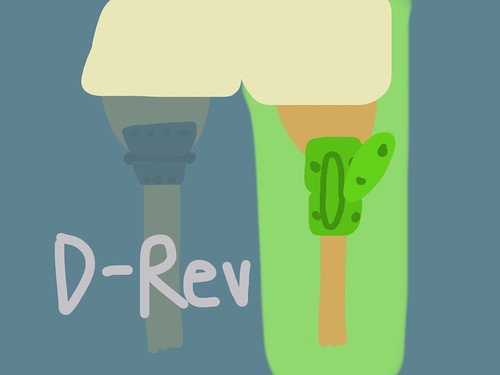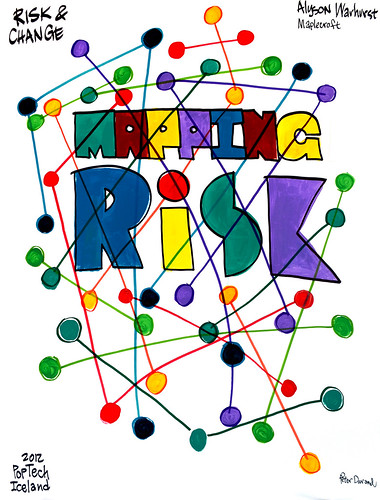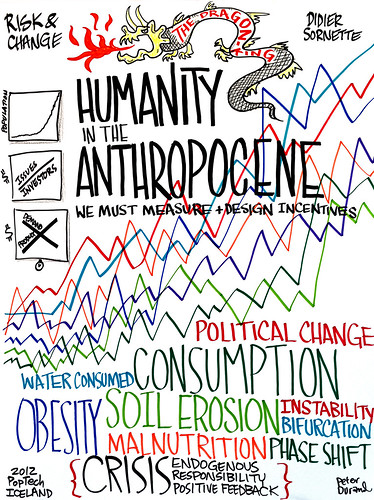Nils Gilman: Deviant globalization
/Nils Gilman discusses Deviant globalization, the global flow of “repugnant” goods and services like drugs, human trafficking and illegal wildlife. Such globalization leverages the mainstream infrastructure of the formal economy along with any downsizing in the role of the state. Gilman asks what this means for countries in flux like Greece and Libya.

























